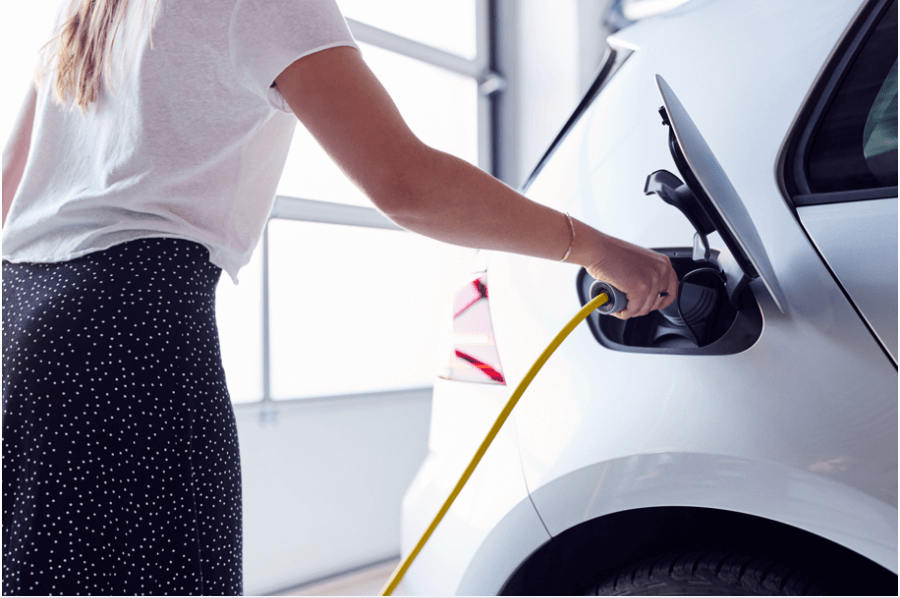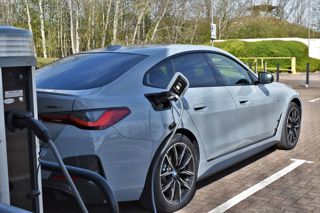Campaign group Transport & Environment is calling on the Government to replicate the success of the “first-class system” of incentivising zero emission company cars across the private buyer sector.
The Government introduced a 0% benefit-in-kind tax rate for battery electric cars in 2020, rising to 1% in 2021 and currently sits at 2%. The Government has published the BIK rates until the 2024/25 financial year.
T&E says this has provided a strong incentive for employees to opt for electric cars with BEVs accounting for 20% of company car registrations in the first quarter of 2022, and a whopping 84% of salary sacrifice orders. Meanwhile, uptake of BEVs in the private market lags well behind at 10%.
To improve this, the Government should increase the first-year vehicle excise duty on emitting cars, said T&E.
Ralph Palmer, electric fleets lead at T&E UK, said: “The Government’s proposed ZEV mandate will put the UK on the right track to secure supply of EVs and help drive down prices in the long run.
“But with the Plug-in Car Grant now gone, the Government should reform its tax policy to ensure the UK doesn’t continue to fall short of its European neighbours in providing the incentives Brits need to switch to electric.
“The UK is often seen as a tax innovator but this perception is at risk as the UK fails to use the tax system to incentivise households to buy cleaner vehicles.
“But we do have a first-class system to incentivise clean cars in the corporate channel. Applying the polluter pays principle and raising first year taxes on new emitting cars should be a no brainer to encourage new car buyers to go electric.”
T&E said the UK’s car taxes are sending mixed signals to electric car drivers, with some progressive measures on company car taxation (BIK) but laggard rules on road tax for private individuals.
It added that as the UK has phased out purchase grants for electric cars, the Government now has a clean slate to identify tax policies that support the uptake of BEVs for the next few years.
The Treasury should set out plans for a system that incentivises BEVs at the point of purchase by continuing to raise taxes on emitting cars, says T&E.
Raising first-year VED on emitting cars would help ensure the most polluting vehicles are priced more appropriately.
The VED is one of the lowest in Europe, with a tax differential between zero emission and emitting cars 10 times lower than other European countries.





















Login to comment
Comments
No comments have been made yet.